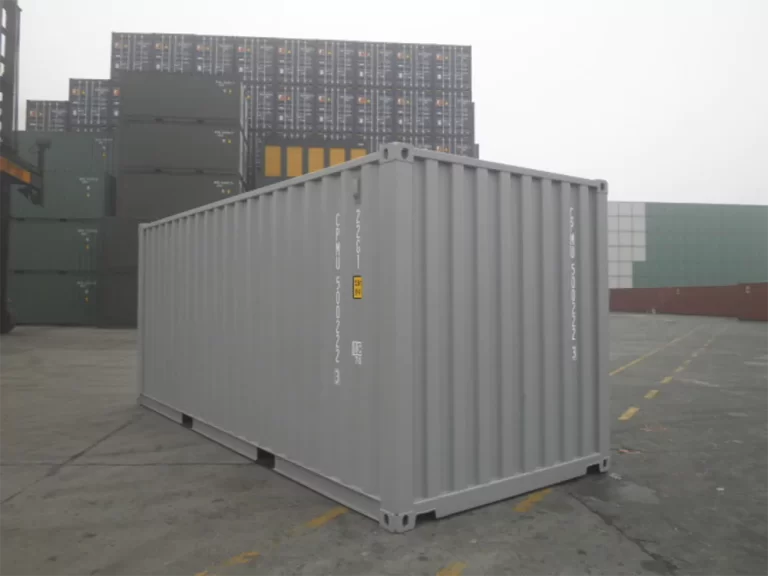Storage Container Rental: The Ultimate Guide

Renting a storage container is a smart and cost-effective solution for various storage needs, ranging from residential decluttering to commercial and construction site requirements. Storage containers offer flexibility, security, and durability, making them a versatile choice for temporary or long-term storage.
In this guide, we will explore everything you need to know about storage container rental—from types of containers, costs, benefits, and how to choose the right one. Let’s dive in!
What is Storage Container Rental?
Definition and Purpose
Storage container rental is the process of leasing containers for temporary storage needs. These containers, typically made from steel, are highly durable and weather-resistant, designed to store goods securely. Rentals can range from short-term (weeks) to long-term (months or years), depending on your requirements.
Purpose:
- Residential moving and storage
- Commercial overflow storage
- On-site construction storage
- Event management and temporary solutions
Types of Storage Containers Available
There are various types of containers available for rental, tailored to specific needs:
Standard Containers
These are the most common containers, typically used for general storage needs. Available in 20-foot and 40-foot sizes.
Refrigerated Containers
Ideal for storing perishable goods like food, medicine, or beverages. These containers come with temperature control capabilities.
High Cube Containers
These offer additional height, perfect for storing tall or bulky items.
Open Top Containers
Designed for items that need to be loaded from the top, such as construction equipment or oversized machinery.
Benefits of Renting Storage Containers
1. Flexibility
Storage container rentals offer unmatched flexibility. You can rent for short or long durations depending on your needs.
2. Cost-Effective Solutions
Renting is significantly cheaper than purchasing a container, especially for temporary requirements.
3. Security and Protection
Modern containers come equipped with advanced locking systems and weatherproof features to keep items safe from theft and environmental damage.
4. Scalability
Whether you need one container or several, renting allows you to scale up or down based on demand.
How to Choose the Right Storage Container Rental
To select the best container for your needs, follow these steps:
1. Determine Your Needs
What are you storing? For example, delicate goods may require refrigerated containers.
2. Size and Dimensions
Choose between standard 20-foot, 40-foot, or specialized container sizes based on the volume of goods.
3. Material and Durability
Opt for high-quality, durable materials like steel containers for enhanced protection.
Common Uses of Storage Containers
1. Residential Storage
- Decluttering homes
- Temporary storage during renovations or moves
2. Commercial Storage
- Extra inventory for retail stores
- Seasonal product storage
3. Construction Sites
- Secure on-site storage for tools and equipment
4. Event Management
- Storing event materials, furniture, and decorations
Storage Container Rental Costs
The cost of renting a storage container depends on several factors:
1. Cost Factors
- Container size (20-foot vs. 40-foot)
- Rental duration
- Location and delivery fees
2. Pricing Based on Duration
- Short-term rentals may cost between $100–$300 per month.
- Long-term rentals often offer discounted rates.
3. Additional Fees
- Delivery and pickup charges
- Damage protection fees
Storage Container Sizes and Dimensions
Here are the most common sizes:
| Container Type | Length | Width | Height |
|---|---|---|---|
| Standard 20-Foot | 20 ft | 8 ft | 8.5 ft |
| Standard 40-Foot | 40 ft | 8 ft | 8.5 ft |
| High Cube 40-Foot | 40 ft | 8 ft | 9.5 ft |
Conclusion
Storage container rentals are a versatile, secure, and affordable solution for both residential and commercial storage needs. Whether you need a container for moving, construction, or retail inventory, there is a rental option tailored to your requirements.
By understanding the types, costs, and benefits of storage containers, you can make an informed decision that saves time and money.







